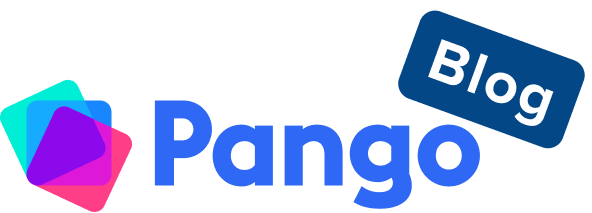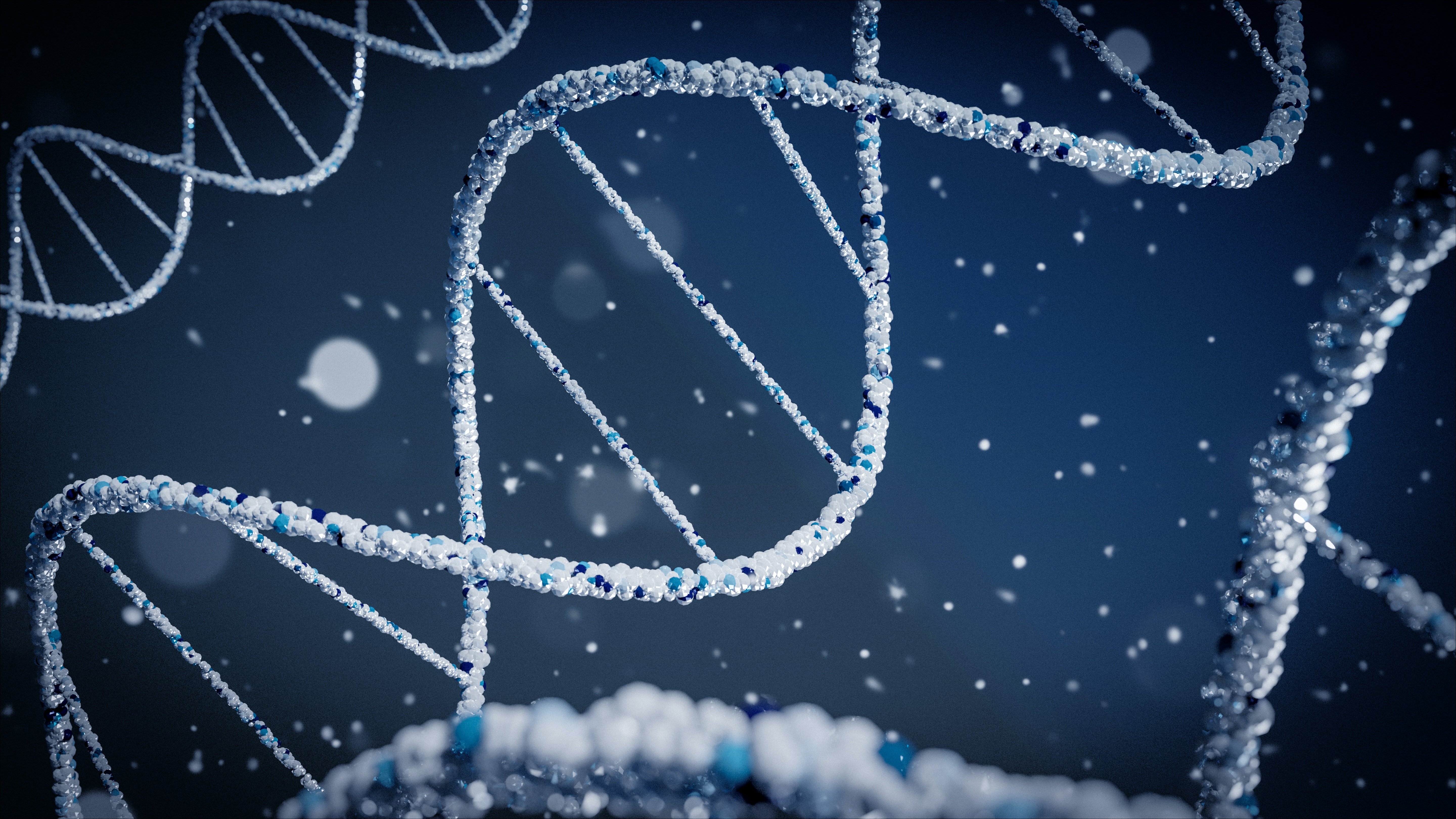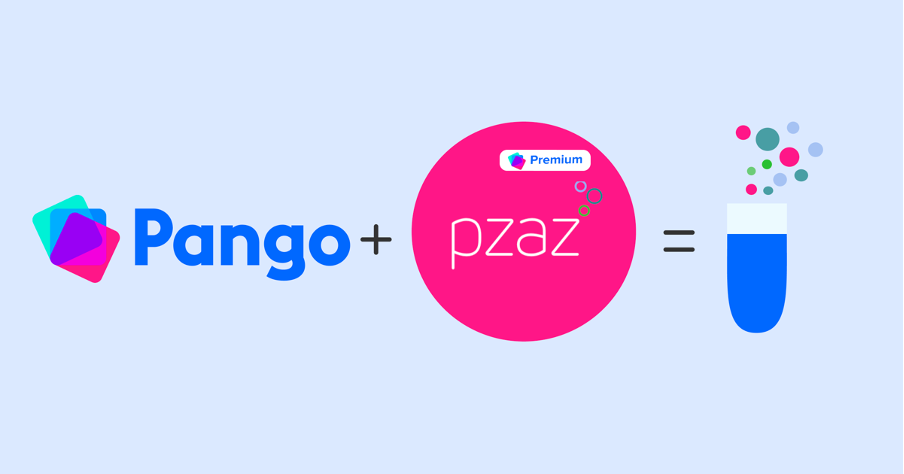A Summary of the Ofsted Science Subject Report 2023
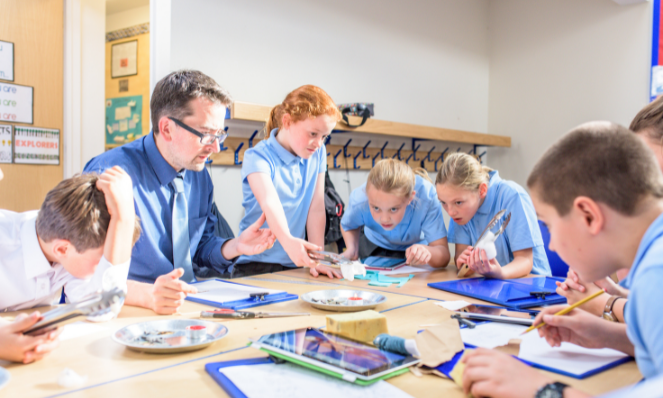
What is the Ofsted Science Subject Report 2023?
The Ofsted Science Subject Report was published by Ofsted in February 2023 and is based on evidence collected during routine Ofsted inspections. It ‘evaluates the common strengths and weaknesses of science in the schools inspected and considers the challenges that science faces’. The report also ‘identifies some significant strengths in school science education and recommends ways that school and subject leaders can ensure that all pupils leave school with an authentic understanding of science, as both a tradition of enquiry and a set of connected but distinct ideas that explain the world we live in’.
In the report, Ofsted recognises that there are many different methods of creating and teaching a successful science curriculum. Therefore, the report should not be seen as a checklist against which inspectors will measure the teaching of science.
What is the context of the Ofsted Science Subject Report?
Schools in England perform well in science tests compared to schools across the globe. During 2019, year 5 pupil achievement in science was similar to that achieved in 2015 and 83% of year 6 pupils achieved the expected standard in science. Ofsted have concerns that the removal of the KS2 national science tests in 2009 led to a decline in pupil performance and that since then science has continued to have a lower status in some primary schools. In addition, science teaching has been significantly impacted by the pandemic, which particularly affected pupil participation in practical activities and investigations.
What is substantive and disciplinary knowledge?
The report contains references to two key terms: substantive and disciplinary knowledge.
Substantive knowledge is referred to in the national curriculum as ‘scientific knowledge’ or ‘conceptual understanding’, for example, learning the parts of a flower, knowing the order of planets in our solar system, or knowledge of different forces.
Disciplinary knowledge includes working scientifically and scientific enquiry. It is the use of methods, techniques, data, and evidence to establish and refine scientific knowledge. Examples include classification, variables, and measurement.
This knowledge is developed over many years and the curriculum should embed opportunities to develop disciplinary knowledge within the most appropriate substantive knowledge.
It’s worth noting that there is no expectation for teachers or pupils to use these terms!
The report also refers to practical work. This may consist of pupils participating in a hands-on activity, or pupils observing a teacher demonstration.
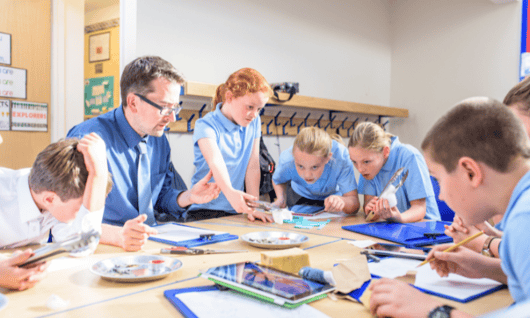
What were the main findings of the Ofsted Science Subject Report?
- The science curriculum studied by pupils (including SEND) was ‘at least as ambitious as the national curriculum’ and mainly focussed on developing substantive knowledge (such as knowledge of habitats or forces).
- Science was a strength in schools where pupils had ‘detailed and connected knowledge’ and ‘remembered what they had learned previously’.
- In a minority of schools, pupils did not learn any science for several weeks, despite science being a core subject.
- Pupils have significant gaps in their scientific knowledge due to the pandemic.
- Leaders tended to focus on the development of substantive knowledge rather than disciplinary knowledge within the school’s science curriculum.
- There was little use of teacher demonstrations in any of the schools.
- When pupils had insufficient time to practise and consolidate their learning, they were unable to recall previously taught content.
- Most science leaders planned a curriculum with a logical order but rarely did the curriculums relate to what pupils learned in mathematics or seek to avoid common misconceptions.
- Sometimes, the expectations for Reception were not clear enough which limited how prepared pupils were for learning in year 1.
- Secure teacher subject knowledge and clear explanations help children to learn science. Stronger subject knowledge can be used to help children build connections between different scientific concepts.
- Rarely did teachers draw on subject-specific, evidence-based approaches for teaching, and schools did not have clear plans for CPD.
- Some schools did not ensure that CPD was closely matched to the curriculum when resuming after the pandemic.
- Subject leaders had a key role in developing the curriculum and supporting teachers, but not all had dedicated leadership time or training.
- Sometimes, pupils were asked to recall knowledge that they had not previously learned successfully. This meant that assessment as learning was taking place rather than assessment for learning.
- In primary schools, science assessments did not check learning from previous years or relate to curriculum objectives. In some schools the focus was on assessing substantive knowledge but not disciplinary knowledge.
What were the recommendations from the Ofsted Science Subject Report 2023?
- Knowledge of how to work scientifically should be taught, revisited and embedded within the most appropriate substantive content.
- Plans for developing knowledge of working scientifically should be as detailed as those for developing substantive knowledge.
- Sequence the disciplinary knowledge within the curriculum by considering the substantive content that the pupils are learning, the most logical order and the opportunities for pupils to deepen and revisit their disciplinary knowledge.
- Ensure teachers know what disciplinary knowledge they are teaching and assessing when pupils are working scientifically.
- Plan for children to learn disciplinary knowledge through a variety of methods, including teacher explanation and demonstration.
- Provide repeated opportunities for pupils to develop disciplinary knowledge of the following; methods that scientists use to answer questions, apparatus and techniques (including measurements); data analysis; how evidence is used in science to develop explanations.
- Within the curriculum, plan progression in developing pupil knowledge of; observing over time; pattern seeking; identifying, classifying and grouping; comparative and fair testing (controlled observations); researching using secondary resources
- Make links to the work of specific scientists to enable pupils to understand that scientific research is carried out by different types of people in a range of environments.
What did the Science Subject Report say about curriculum planning?
The report stated that teaching of science is strong when leaders and teachers are clear about the purpose of a teaching activity. Effective leaders see the curriculum as a path that makes science easier to learn and they take account of learning in other subjects, especially maths. Pupils should have enough time to learn the content and remember it and teaching needs to build on what pupils have already learned.
Scientific concepts need to be explained clearly with assessment used to check prior learning, and there should be a balance of disciplinary and substantive knowledge. The focus of a science lesson should be what the children need to learn and remember, not just covering content or completing a practical activity. The science curriculum should be seen as a working document that can be revised and improved upon each year.

The report recommends when planning a strong science curriculum, leaders should:
- emphasise that science is a core subject which should be taught weekly.
- ensure children learn content in a logical order and have sufficient time to practise, use and revisit what they have learned.
- support children to see and build connections in their scientific knowledge.
- consider learning in other subjects, especially in mathematics and make connections, e.g. link learning about states of matter with learning about the water cycle in geography.
- consider learning in other subjects, especially in mathematics and make connections, e.g. link learning about states of matter with learning about the water cycle in geography.
- identify what pupils need to learn in order to achieve high-level goals and select the best activities to teach this knowledge.
- prioritise scientific content, not written literacy skills.
- ensure that children in upper KS2 are not expected to learn content that is too technical or which will be covered in secondary school.
- if using an interdisciplinary topic approach, prioritise the development of pupils’ scientific knowledge and ensure that there is logical progression within the curriculum.
- allow all pupils to participate in high-quality practical work that clearly relates to the curriculum.
- identify and sequence the disciplinary knowledge needed to work scientifically. This should include different types of enquiry such as pattern-seeking, evidence and accuracy as well as data analysis or fair testing.
- embed opportunities to develop disciplinary knowledge within the most appropriate substantive knowledge, e.g. plan for pupils to learn about the classification of plants (disciplinary knowledge) and the parts of a flowering plant (substantive knowledge).
- seek support from organisations such as the Association for Science Education to assist in developing and refining the science curriculum.
When planning science for Reception pupils, leaders should:
- specify what children in Reception should learn about understanding the world (the key concepts, vocabulary and phenomena), ensuring it does not rely solely on the high-level descriptors from the EYFS framework.
- meet with other leaders within the school to ensure that the year 1 learning has clear connections with, and can build upon the Reception curriculum.
- if using ready-made curriculum plans that start at year 1, ensure that the curriculum used in Reception relates to the year 1 learning
The Science Subject Report and science assessment
Science assessments should not narrow the curriculum or create an unnecessary workload for staff or pupils.
Assessment for learning is formative assessment that checks if pupils have learned the intended content of the curriculum in each lesson. It provides pupils and teachers with feedback and can be used to improve future teaching.
Multiple-choice questions can be used to check for specific misconceptions, alongside a variety of approaches such as teacher questions and quizzes to identify gaps in knowledge. Teachers should check and address errors or misconceptions and written feedback should be focussed on specific curriculum content and should be used identify strengths, identify areas that need further work, and address misconceptions.
Assessment as learning is using assessment to help pupils to remember and retrieve what they have previously learned. This assessment enables pupils to embed knowledge in their memory over an extended period of time. Pupils must have learned the knowledge before they practise retrieving it, and it should reinforce knowledge of key concepts and feedback should be given to avoid and correct misconceptions.
Assessment of learning is summative assessment and is used to identify if curriculum goals have been achieved. It helps to evaluate the impact of the science curriculum and should be used to check whether pupils have secure substantive and disciplinary knowledge. Summative assessment should not be overused as it can overburden pupils and staff, and lead to science lessons which merely teach ‘to the test’.
Science pedagogy
Strong teacher subject knowledge, and clear explanations will help pupils learn abstract concepts and illustrate the connections between different concepts within the curriculum. Models and analogies should be used alongside clear explanations and teachers should be mindful that models do not lead to misconceptions.
Teaching activities need to be focussed on the specific content being learned and pupils should be able to discuss ideas and practise applying their knowledge before moving on. Assessment should be used to check recall of substantive and disciplinary knowledge from previous years. Check that pupils can use this knowledge to choose, plan and participate in different types of scientific enquiry.
Teacher should anticipate and address where pupils may have difficulties or make mistakes, and ensure pupils can use and learn new vocabulary throughout the lesson and avoid overly technical words.
Wherever possible, support SEND pupils to achieve the same outcome as their peers. This could involve slower explanations, additional scaffolding or pre-teaching of key vocabulary.
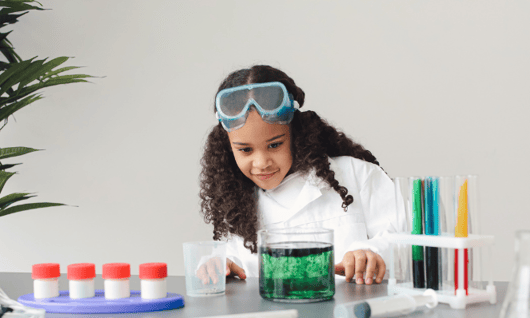
How to make science learning easier
In order to help children with science learning, focus on what pupils need to do to improve in science and build on pupil’s prior learning. Highlight key misconceptions and difficulties in curriculum planning so that these can then address in the relevant lessons.
As leaders, adapt, develop and improve the curriculum each year in response to pupils’ difficulties and misconceptions. Plan the curriculum so that pupils have sufficient prior knowledge and vocabulary to discuss and explain their observations. Focus on the key scientific vocabulary for each year group, rather than creating long lists of keywords for each lesson. Provide opportunities for pupils to see the relevance of their learning, using science news, trips to museums, or exploring the use of scientific knowledge in the real world.
What pupils need to know and remember in science
The recommendations are that pupils need to build knowledge around key scientific concepts, and should develop a pattern of interconnected learning. Their knowledge should have an organised structure with a secure understanding of a range of concepts with both substantive and disciplinary knowledge.
Practical work should develop pupils’ disciplinary knowledge, and pupils should be able to talk about different types of scientific enquiry including pattern-seeking and secondary resources.
Science and practical work
The report recommended that practical work is a vital part of the curriculum but it should have a clear purpose and only take place when pupils have sufficient prior knowledge.
Well-structured enquiry questions should be used to focus the activity on a particular aspect of the curriculum, and teacher demonstrations are key in helping pupils to learn and saving valuable time within the curriculum. When planning practical activities, ensure that pupils do not spend too much time collecting data, and consider how best to support SEND pupils in practical activities so they can focus on the key learning.
In Reception, children need to have opportunities to hear and use specific vocabulary by talking with adults. When children are given a choice of activities, intervene where necessary to ensure that all children learn all areas of the curriculum.
Subject leadership
Science subject leaders need sufficient, dedicated time to lead science, and they should be able to attend external CPD courses. Subject leaders have a key role in developing the science curriculum and supporting staff. Wider groups such as multi-academy trusts or local authority groups can provide valuable opportunities for sharing expertise. Leaders should focus on improving the quality of science education, having discussions with pupils, and checking books. This information can then inform future training sessions.
Science and teacher CPD
A systematic approach of how to develop teacher knowledge and how to teach science enables staff across the school to teach the curriculum effectively.
Teachers and support staff need regular, subject-specific CPD to develop strong subject knowledge, and CPD should align with the curriculum. Teacher and subject leader expertise should be developed using a ’systematic and continuous approach’ in line with the school’s curriculum and individual needs. Leaders should work with teachers to identify personal, subject-specific areas for development.
CPD should focus on developing teachers’ substantive knowledge and how to teach this, as well as developing knowledge of working scientifically. Effective CPD can be informal support from subject leaders and resources from organisations such as STEM Learning or the Association for Science Education.
Are you a science subject leader? Discover time-saving, progressive, and engaging primary science schemes with built-in CPD here.
